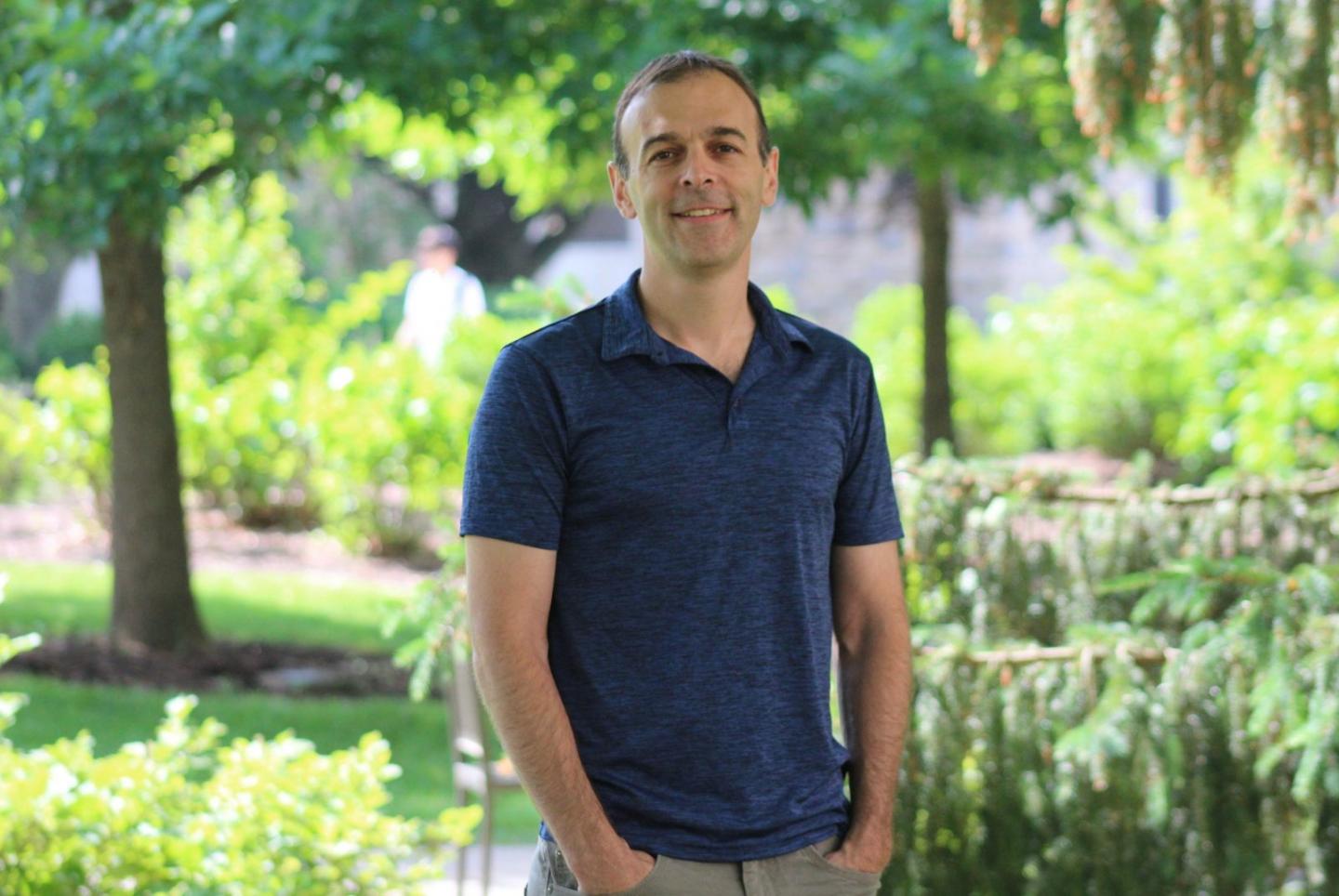
Credit: Virginia Tech
With extreme environmental events, such as drought, coastal and river flooding, and wildfires, increasing in frequency, there is an urgent need to develop strategies that will reduce negative outcomes.
A National Science Foundation grant will help Professor Marc Stern of the College of Natural Resources and Environment study and develop workshops that will empower local communities to take action against climate challenges.
“This isn’t about experts coming in to tell a community they need to do x, y, and z,” Stern explained. “Instead, we’re trying to give communities planning tools and strategies so they can go ahead and do the work that needs to be done.”
The first component of Stern’s project is to survey experts who facilitate workshops that focus on using climate-relevant science to address a broad range of challenges. The project will integrate those strategies with a survey of the experiences of workshop participants. This two-step process will provide a holistic view of what is successful in these workshops and identify potential blind spots for reaching audiences and promoting positive change.
From those findings, the second component is to test strategies in a series of climate adaptation workshops around the U.S. These field tests of effective practices will enable the researchers and workshop facilitators to further refine their understanding of how learning takes place in informal learning environments. The workshops will focus on empowering people to take local action to address a worldwide concern.
“If environmental concerns are framed exclusively as a global challenge, it’s easy to brush them off as something too big to take on,” Stern said. “When you instead make it local — when you say, ‘here’s a community, here’s what’s happening, here’s what’s predicted, so let’s talk about it’ — that makes the challenge manageable. The global side, and the politics surrounding it, becomes a secondary issue; rather, you’re concerned that every time it rains your town has a flood, and you start thinking about what to do about it.”
In order for these workshops to successfully reach and resonate with the intended local audiences, Stern notes that it is crucial that the workshops be developed to engender trust between experts and participants so that successful collaboration can happen.
“We’ve done a lot of research around how trust can be developed in collaborative settings, which we hope to translate to facilitation techniques that can lead to a sense of empowerment and participation. We want participants to leave these workshops with a sense that they can solve these challenges.”
The project is a collaboration between Virginia Tech and EcoAdapt, a nonprofit dedicated to helping governments, organizations, and individuals develop climate change adaptations to make communities better prepared and protected from environmental challenges.
For Stern, a faculty member in the Department of Forest Resources and Environmental Conservation, the project is a chance to make a lasting change in the world.
“I look for projects where I can make an on-the-ground, tangible difference, and this is an obvious place to do that,” Stern said. “If we can help even one of these communities on a positive path toward dealing with climate challenges by adapting their policies and planning efforts, that impact would be well worth the effort.”
###
The continuous grant from the National Science Foundation will run through 2023.
Media Contact
Krista Timney
[email protected]
Original Source
http://vtnews.




